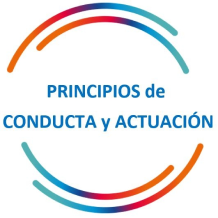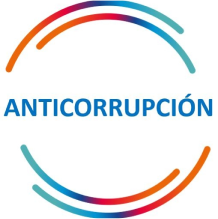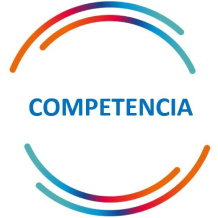COMPLIANCE

The world we live in is undergoing profound changes: we are moving towards greener economies, aspiring to be more locally based and moving towards ‘all-digital’.
These challenges, which require adaptations, can pose risks to business.
Do you want to review this information in more detail?

The Principles of Conduct and Action contain the Group’s core values:
Conduct: professional commitment, respect for others, integrity, loyalty and solidarity.
Action: respect for the law, care for the environment, workers‘ health and safety and employees’ rights.

Saint-Gobain has also stated its commitment to fight against corruption and to respect the law.
In the fight against corruption, 10 main risk areas have been identified, as follows:

Saint-Gobain has an obligation to comply with the law (Principle of Legality). In this respect, respect for the rules of competition law is an essential issue. Competition law ensures a level playing field by prohibiting conduct that may harm fair competition. There are three main types of anti-competitive conduct that are prohibited at Saint-Gobain:
- 1) Anti-competitive agreements.
-
2) Abuse of dominance.
- 3) Anti-competitive mergers.
On the other hand, it should be noted that the Saint-Gobain Group is active worldwide. However, its holding company is located in the EU and its management team is mostly composed of EU nationals, which results in a high exposure of all its activities to EU economic sanctions. Therefore, all employees of the Saint-Gobain Group must comply with EU sanctions laws and regulations. The Saint-Gobain Group has formalised a Policy on Embargos and Economic Sanctions, which aims to prevent the risk of business transactions concluded with embargoed countries and/or with persons/companies subject to sanctions.
Professional Alerts
Finally, the Group has set up a platform for internal and external whistleblowing (professional alerts) available at the following address: https://www.bkms-system.com/bkwebanon/report/clientInfo?cin=CwmSdg&c=-1&language=eng or via QR code.
The platform is available in many languages and is used to report complaints (anonymously or not) about violations of the Principles and our Policies, procedures or the law.
